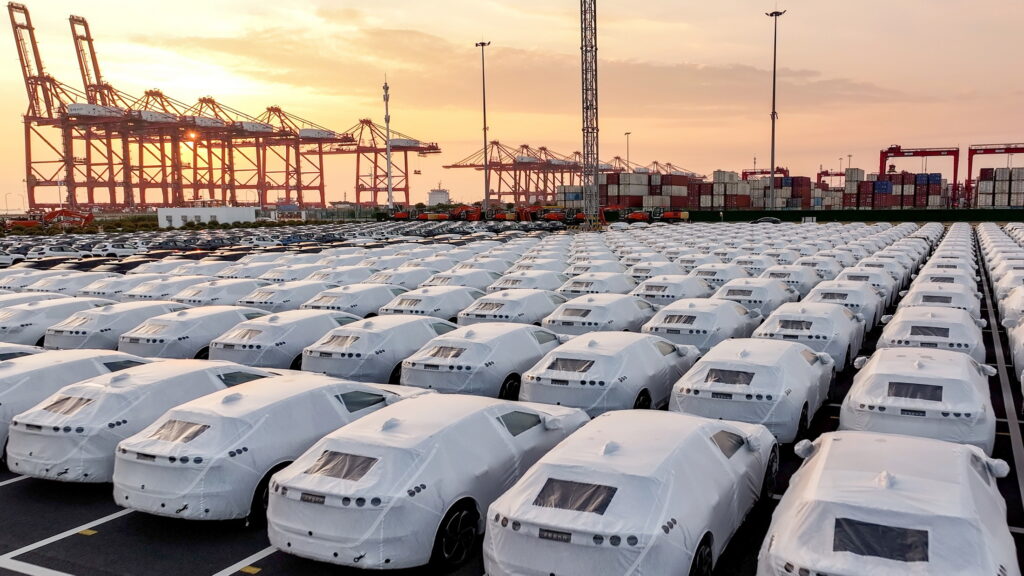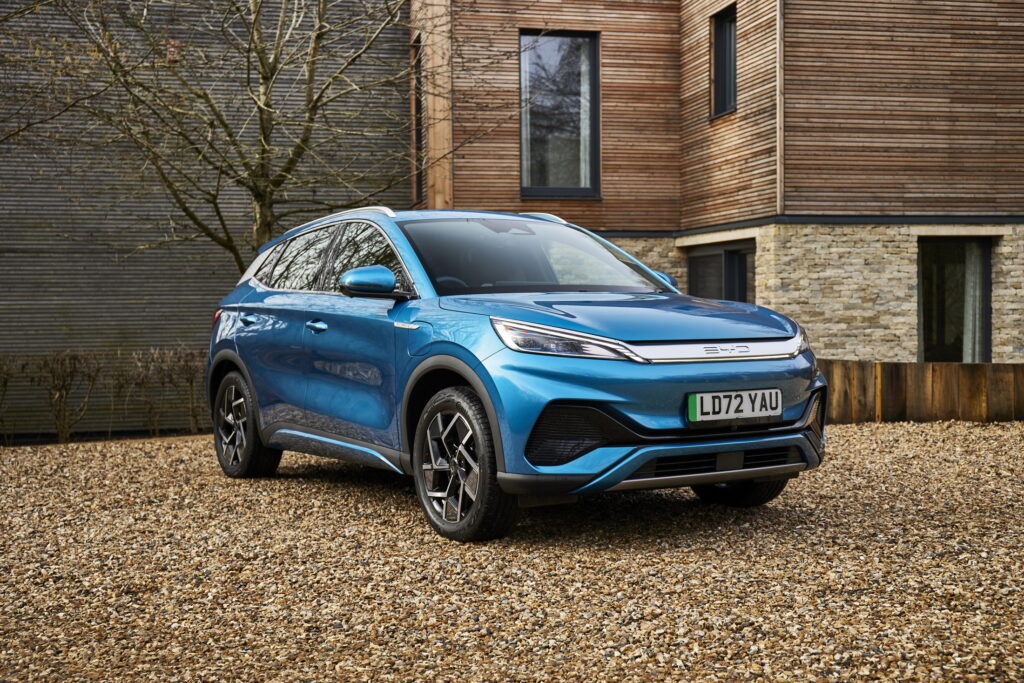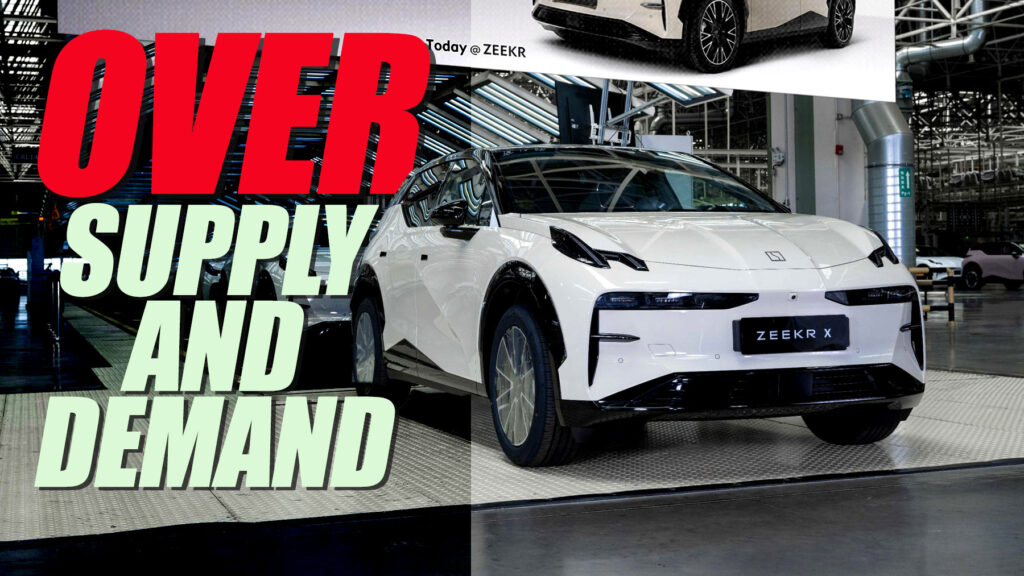- China’s auto industry has the capacity to build 40 million vehicles per year, about twice as many as are sold in the nation each year.
- That has led to other countries considering imposing extra taxes to protect their own automakers as China’s companies look to exports.
- Meanwhile, the Chinese government continues to fund the industry, as it seeks to secure jobs and support economic growth.
Across China, automakers currently have the production capacity to build around 40 million vehicles per year, but consumers in the country only buy around 22 million cars annually. Despite this disparity, the Chinese government continues to support growth in the industry.
China’s overcapacity issue throws a wrench into the plans of both established automakers and those pushing new technologies. Production lines built for internal combustion vehicles are churning out products that are increasingly falling out of favor with consumers.
Read: Chinese Automakers Rake In Profits, Charging Europeans More Than Double For Some Cars
Meanwhile, new-energy vehicles like EVs and PHEVs, which could potentially absorb this excess capacity, are facing their own headwinds due to broader economic concerns.
Last year, 123 brands offered at least one electric model in China, reports the Wall Street Journal. And even companies like Zhido, which went under in 2019, are being brought back from the dead by investors. That has pushed EV makers into a vicious price war, as they try to win over buyers who are spoiled for choice.
Unsurprisingly, automakers are eager to explore new markets, leading to a quintupling of China’s auto exports between 2020 and 2023. Many of these gains were achieved in Russia, where Chinese automakers stepped in following the Eurasian nation’s conflict with Ukraine, which resulted in trade embargoes from the U.S. and its allies.

Chinese automakers are also keen to sell their EVs abroad, prompting concerns among Western competitors and governments alike. In the U.S., the White House is contemplating expanding tariffs to protect domestic manufacturing, while the European Union is investigating China’s EV subsidies and may contemplate similar measures.
That leads to the inevitable question of why China is subsidizing an industry that already faces overcapacity. This has to do with the national government’s desire to bolster its automakers on the global stage, as well as its efforts to support economic growth and preserve jobs amid wider economic challenges.
The government’s support means that even unprofitable automakers can continue to produce more vehicles. In 2023, just four of the nation’s 123 EV-producing automakers sold more than 400,000 vehicles — widely viewed as the number that must be reached for an automaker to break even in China. These companies are BYD, Tesla, Aion, and Wuling.
That has led some Chinese officials to call for consolidation in the automotive industry. However, for now, the expansion mindset espoused by the national government still prevails.





